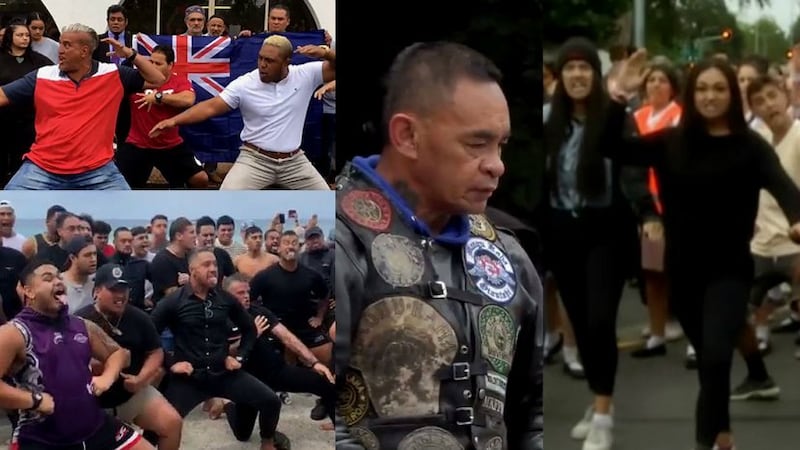In the wake of the Christchurch terror attacks last Friday, Māori from across Aotearoa and Australia have performed haka to express their emotion and solidarity with the Muslim community. Te Ao spoke with Te Kahautu Maxwell, a respected Māori leader, composer and artisan on the meaning of the haka in times of grief.
Gangs, schools and individuals from Christchurch all the way to Surfers Paradise have been performing haka to show their love and respect for Muslim New Zealanders in the wake of the Christchurch terror attacks that killed 50.
31 people remain in hospital, nine of whom are in critical condition.
The message of this haka is of challenge, struggle, perseverance and achievement.
Let us look at the use of one haka, Tika Tonu, which was composed by Waimarama Puhara in 1914 for his full-blooded Māori son Moana, who was attending an English boarding school.
Haka expert and composer Te Kahautu Maxwell says, "Tika Tonu is appropriate for us as Aotearoa, we as Māori, we as New Zealanders and Kiwis these are traumatic times, these are times of trouble. This haka is being performed with the best intention by all parties."
"It's the Māori way of dealing with death, it's the Māori way of expressing grief, it's the Māori way of expressing love, haka is the Māori way of showing support, haka is part of Māori mourning."
"our mana Māori motuhake...as mana whenua is to look after or show manaaki to people who are visitors to our land, who decided to make New Zealand their home and through no fault of our own [as Māori] we haven't been able to do that," he says.
Te Kahautu says although haka is not just a 'war dance' it can be defined as a war dance in this context "because our enemy is the unknown enemy, it's a faceless enemy and we are performing a haka in defiance to say 'Aotearoa will not change, Aotearoa will remain the same- a safe country."

